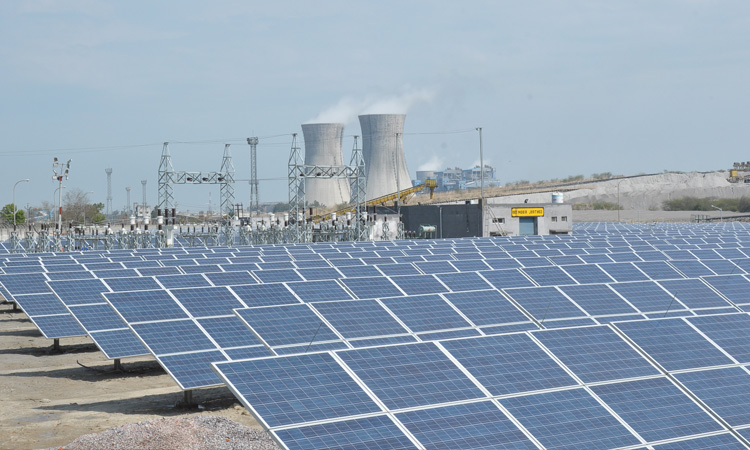The Ministry of New and Renewable Energy (MNRE) has appointed the Indian Renewable Energy Development Agency Limited (IREDA) as the implementing agency for the second phase of the Central Public Sector Undertaking (CPSU) Scheme which aims to drive 12 GW of solar capacity to generate power for public entities.
The scheme, which mandates use of both solar photovoltaic cells and modules manufactured domestically, was earlier being overseen by the Solar Energy Corporation of India.
Besides conducting bidding on viability gap funding (VGF) basis for selection of government producers, IREDA will also deal with all issues regarding time-extension and dispute resolution on force majeure events.
Further, IREDA is allowed to sanction up to 50 GW of solar project capacity under the CPSU Scheme to any willing government entity at the lowest VGF bidding rate discovered in the most recent auction—within four months of the last bidding—without the need for such entity to participate in bids.
Under the CPSU II scheme, last year the ministry outlined a target of adding 4 GW of new capacity annually from FY2019-20 up to 2022-23. Solar project developers would qualify for a maximum Rs7 lakh of viability gap funding per megawatt of capacity planned, to make projects commercially viable.
Revision in project timelines and tariff
Among other amendments, the MNRE has extended the timelines for commissioning of solar projects under the CPSU scheme. Projects up to 500 MW capacity can now be commissioned within 24 months from the date of letter of award. For projects more than 500 MW capacity, capacity up to 500 MW must be commissioned within 24 months front the date of letter of award with the balance capacity to be commissioned within next six months.
The earlier clause mandated a commissioning period of 18 months from the date of letter of award.
Further, the power generated would be self-consumed or supplied either directly to the public entities or via power distribution companies for a maximum Rs2.80/kWh, as against Rs 3.50/kWh earlier.
This content is protected by copyright and may not be reused. If you want to cooperate with us and would like to reuse some of our content, please contact: editors@pv-magazine.com.









2 comments
By submitting this form you agree to pv magazine using your data for the purposes of publishing your comment.
Your personal data will only be disclosed or otherwise transmitted to third parties for the purposes of spam filtering or if this is necessary for technical maintenance of the website. Any other transfer to third parties will not take place unless this is justified on the basis of applicable data protection regulations or if pv magazine is legally obliged to do so.
You may revoke this consent at any time with effect for the future, in which case your personal data will be deleted immediately. Otherwise, your data will be deleted if pv magazine has processed your request or the purpose of data storage is fulfilled.
Further information on data privacy can be found in our Data Protection Policy.